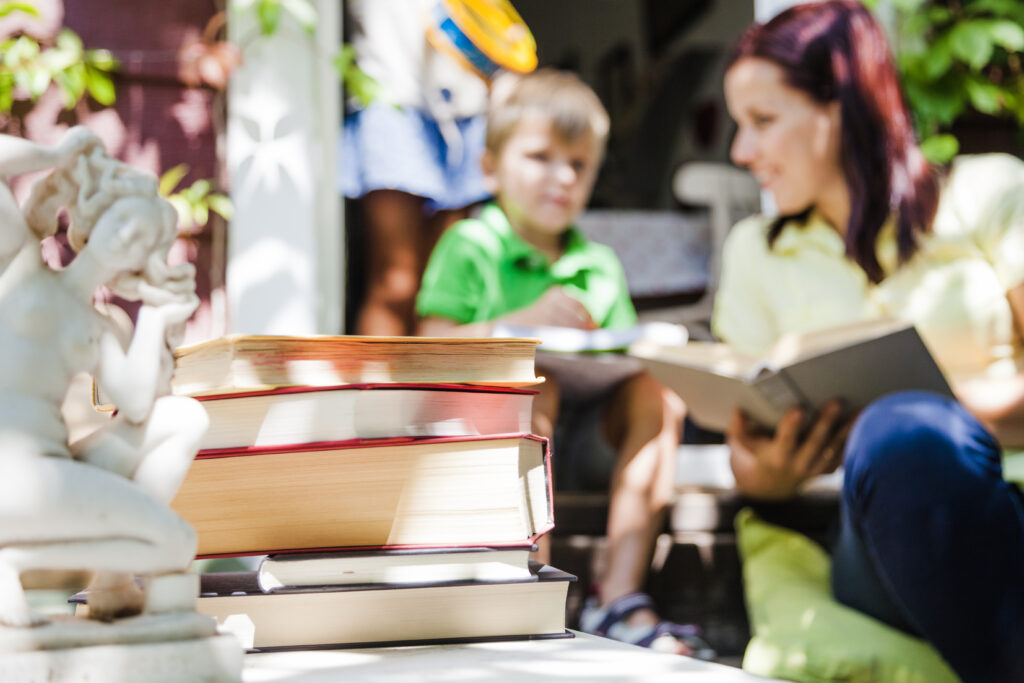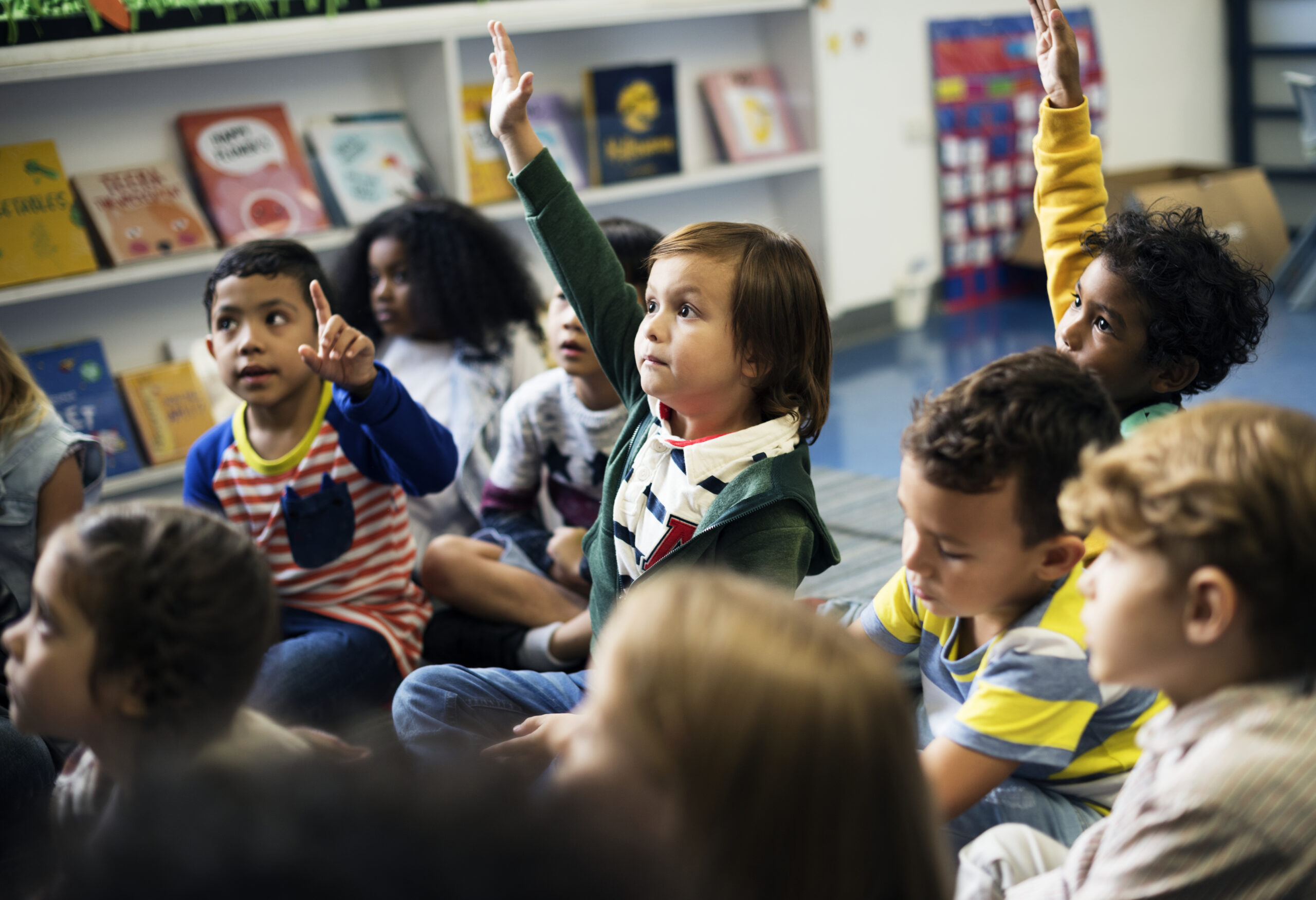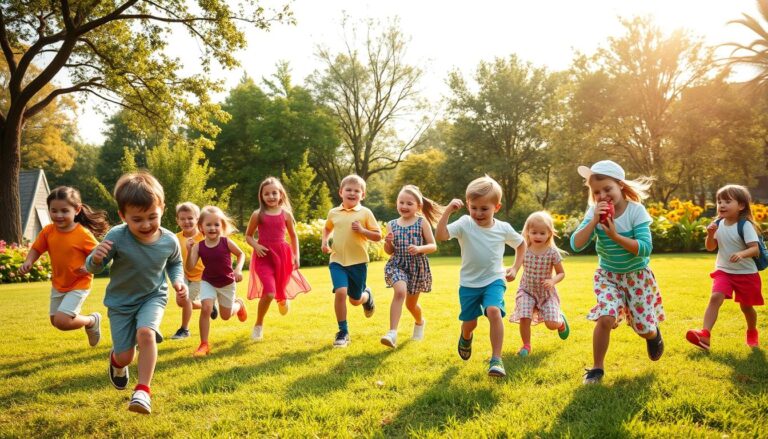Introduction to the Concept of School Readiness
School readiness is a multifaceted concept that encompasses a child’s social, emotional, cognitive, and physical preparedness for the school environment. It goes beyond merely knowing the alphabet or numbers; it includes fostering self-regulation, independence, and effective communication skills. Early childhood education plays a critical role in developing these foundational attributes, ensuring a smooth transition to kindergarten and future academic success.
Importance of Preparing Children for Academic Success
The transition to formal schooling can be daunting for both children and parents. Research indicates that children who are well-prepared for school not only experience fewer behavioral problems but also tend to have better academic outcomes throughout their educational journey. A well-rounded approach to preschool readiness emphasizes the importance of emotional development, social skills, and cognitive abilities, all of which are essential for long-term school success.
Factors That Contribute to School Readiness
Several key factors contribute to a child’s readiness for school:
- Developmental Milestones: Understanding where your child stands in key developmental milestones can inform decisions regarding early intervention.
- Social Skills: Interaction with peers and adults helps build confidence and cooperative behaviors critical for classroom environments.
- Emotional Development: Children who display emotional intelligence are often better equipped to handle the challenges of school, including navigating friendships and managing stress.
- Cognitive Skills: Basic problem-solving abilities, critical thinking, and memory play significant roles in classroom learning.
- Language Development: Strong communication skills lead to better understanding and interaction with teachers and peers.
- Fine and Gross Motor Skills: Physical readiness includes the ability to write, cut, and participate in activities requiring coordination.
The Role of Parents in Promoting School Readiness

Parents play an indispensable role in fostering school readiness. Their involvement positively influences a child’s learning environment and helps establish routines that support academic growth. Here’s how parents can contribute:
- Engage in Interactive Learning: Encourage learning activities that are both educational and fun, such as reading together or conducting simple science experiments.
- Establish Routines: Creating a structured daily schedule helps children develop predictability and security, critical components of school readiness.
- Utilize Educational Resources: Access community resources, school readiness programs, and parent resources for valuable educational support.
Strategies for Developing Social and Emotional Skills in Children
Promoting social-emotional learning is essential for a child’s overall development. Here are some strategies:
- Structured Play: Engage in play-based learning to help children interact with peers, enhancing their social skills and emotional regulation.
- Problem-Solving Activities: Encourage activities that require children to work through challenges and make decisions independently.
- Model Emotional Intelligence: Demonstrate how to express feelings and manage stress effectively, teaching children to do the same.
Importance of Early Literacy and Numeracy Skills
Establishing a strong foundation in early literacy and numeracy is vital for school readiness. Children should be exposed to:
- Reading: Share books and storytelling to enhance vocabulary and comprehension skills.
- Counting and Number Games: Engage in activities that involve counting objects or recognizing numbers in everyday scenarios.
Creating a Supportive Learning Environment at Home
A conducive learning atmosphere at home significantly impacts school readiness. Consider these elements:
- Designated Learning Space: Create a specific area in the home where children can engage in learning activities without distractions.
- Family Engagement: Involve family members in educational activities, reinforcing the importance of learning in a fun manner.
- Access to Books and Educational Tools: Ensure that learning resources such as books, art supplies, and educational games are readily available.
Transitioning from Preschool to Kindergarten Smoothly
Making the move from preschool to kindergarten can be overwhelming for many children. Here are tips for easing the transition:
- Visit the School: Familiarize your child with their new environment by visiting the school before the start of the academic year.
- Practice Independence: Encourage tasks such as dressing independently, following directions, and initiating friendships.
- Talk about School: Discuss what school will be like, helping children visualize their new routine and expectations.
Addressing Any Potential Barriers to School Readiness
Not all children are on the same developmental path. Identifying and addressing barriers early is crucial. Consider:
- Child Assessments: Conduct assessments to understand individual strengths and areas needing support.
- Early Intervention: Utilize community resources for early intervention services if developmental delays are identified.
- Readiness Checklists: Use readiness checklists to track progress and ensure your child meets necessary developmental milestones.
Conclusion: The Long-Term Benefits of School Readiness Efforts
In conclusion, school readiness is a foundational pillar in ensuring a child’s academic success. The hard work put into preparing children for school brings significant long-term benefits—not just in their immediate learning outcomes but throughout their educational journey and beyond. Investing time in early childhood education, fostering emotional and cognitive development, and engaging parents and communities ensures that children step confidently into their school years.
Frequently Asked Questions (FAQs)
- What is the importance of social skills in school readiness?
- Social skills help children navigate peer relationships and classroom dynamics effectively.
- How can I assess my child’s school readiness?
- Utilize readiness checklists, seek teacher recommendations, and consider professional child assessments.
- Are play-based learning activities beneficial for school readiness?
- Yes, play-based learning encourages exploration, problem-solving, and social interaction, all vital for readiness.
- What resources are available for parents to support school readiness?
- Many communities offer resources, including workshops, educational programs, and online guides for parents.
Summary of Key Concepts Table
| Factors Contributing to School Readiness | Importance |
|---|---|
| Developmental Milestones | Critical for identifying readiness levels |
| Social Skills | Essential for peer interaction and classroom behavior |
| Emotional Development | Supports self-regulation and emotional intelligence |
| Cognitive Skills | Important for problem-solving and critical thinking |
| Language Development | Enhances communication and learning |
| Fine and Gross Motor Skills | Necessary for physical interaction within the classroom |
By engaging deeply with these critical components of early childhood education and school readiness, parents and educators can set a strong foundation for children’s future academic success.





